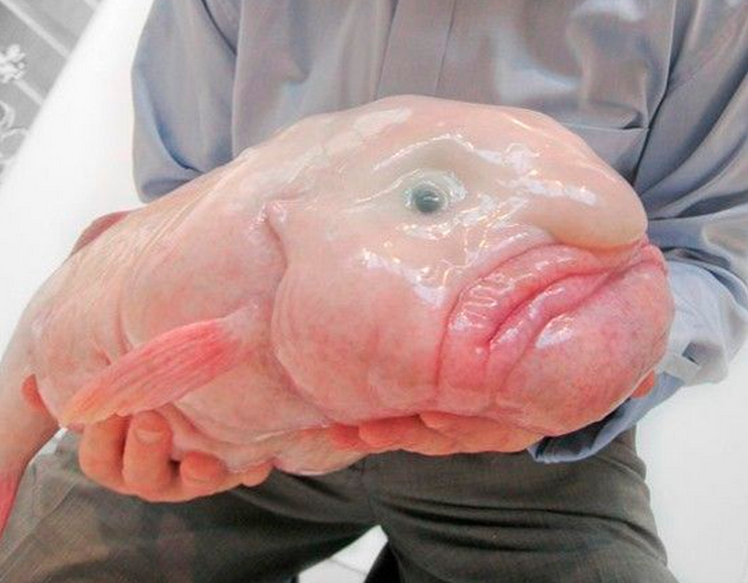How does this work in a bird who's brain is so drastically differently developed than a mammal's? Do they have right/left hemispheres as well despite their kind of blobby mass of a brain?
Also, on a completely random note, what would be any good books that you know of to start learning about mammology/herpetology?
















Gender:
Points: 481
Reviews: 117